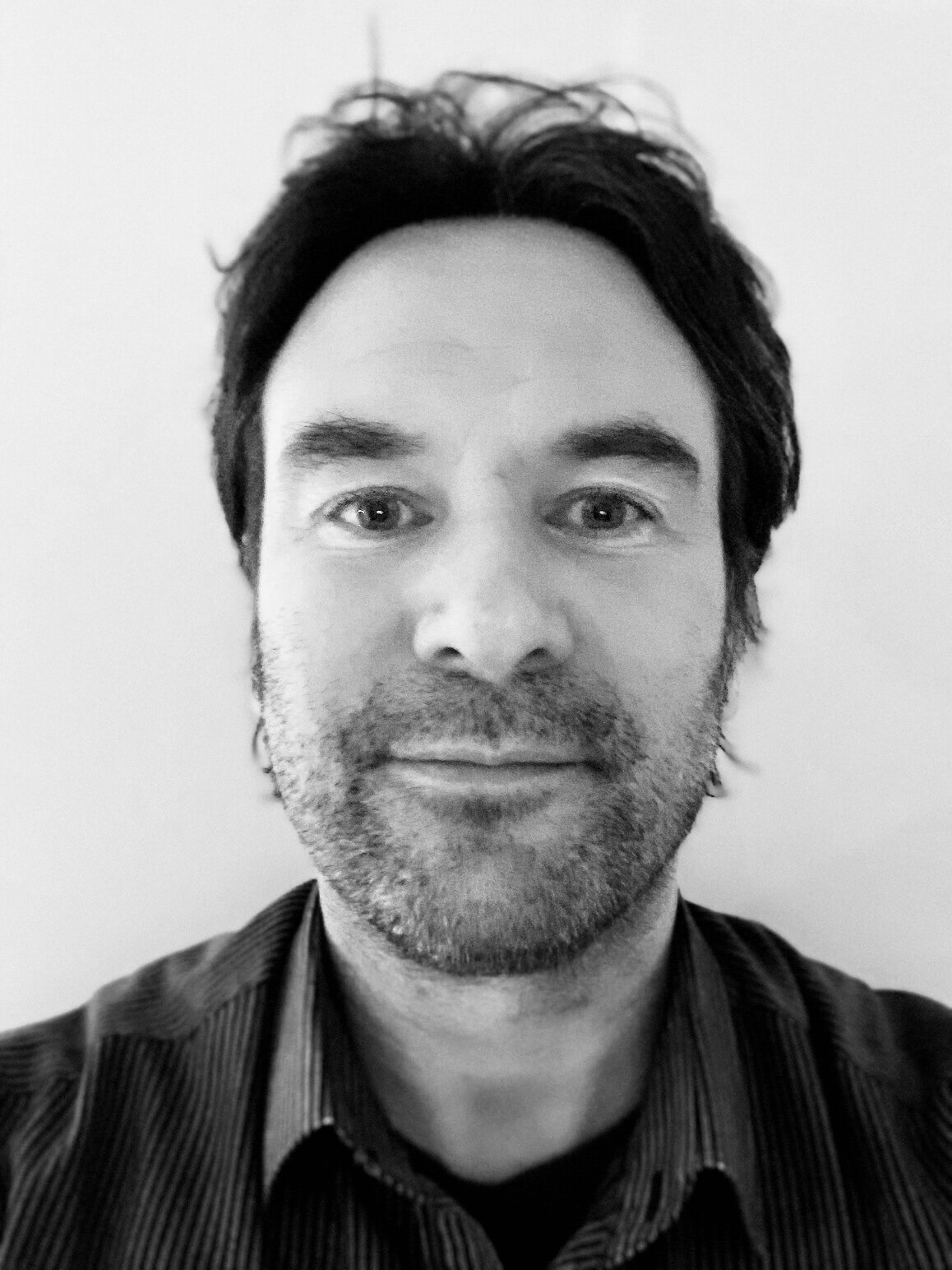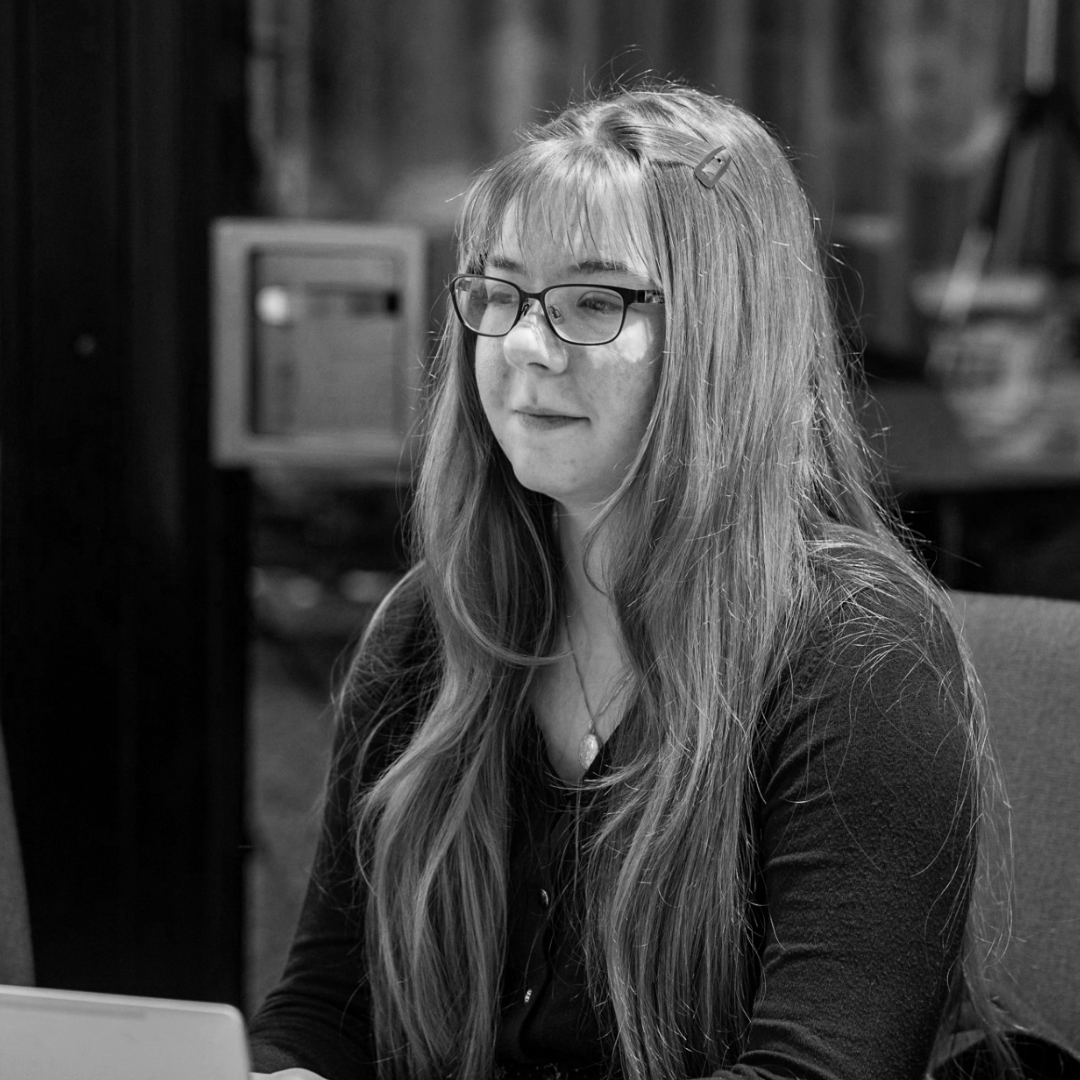
Managing Director: Emma Thomas, LLB, M.Ed (Hons)
Emma is an internationally recognised expert in access, participation and student services programme strategy, development and delivery. Emma has worked in the higher education sector in the United Kingdom and Australia. She has significant expertise and a proven track record in advising and supporting institutions at the highest level in areas of development particularly relating to access and participation, including Office for Students regulation. Emma has a significant record of advocacy for improved practice in the field of widening access and participation and is experienced in leading and managing careers and employability portfolios, and developing student experience and success agendas across the student journey (outreach and recruitment, success and progression).
Emma is also an experienced practitioner and strategist in schools and community engagement and programme development. She provides advice and mentorship to school leadership teams, and has developed curriculum- and Gatsby Career Benchmarks-linked development programmes for school careers and education agendas.

Professor Sir Leslie Ebdon CBE DL Advisor, BSc PhD DSc(Hon) ARCS DIC MCIWEM C.WEM FRSA CChem FRSC
Professor Ebdon has been the Director of Fair Access to Higher Education since 1 September 2012 until April 2018. He was previously Vice Chancellor of the University of Bedfordshire. That followed an illustrious career in analytical chemistry, including more than 250 publications and several awards. Professor Ebdon obtained his PhD at Imperial College, London, then lectured at Makerere University in Uganda and Sheffield Hallam University, before becoming Reader in Analytical Chemistry at what is now the University of Plymouth. He was promoted to a personal chair in 1986, became Head of Environmental Sciences in 1989 and then, in the same year, Deputy Director. He was promoted to Deputy Vice Chancellor (Academic) in 1992. He remained in that position until 2003, when he was appointed Vice Chancellor at the University of Luton and became Vice Chancellor of the University of Bedfordshire on its creation in 2006. Professor Ebdon was awarded a CBE in 2009 for services to local and national higher education and was appointed Deputy Lieutenant of Bedfordshire in 2011. Since 2013 he has been listed as one of Britain’s 500 Most Influential People by Debrett’s and in 2018 received a knighthood for his services to higher education.

Associate Director: Dr Julian Crockford
Julian developed and managed the Widening Participation Research and Evaluation Unit at the University of Sheffield from its inception in 2012. Prior to this he spent 10 years as a University Admissions Manager. Julian has extensive experience of developing and implementing evaluation and research projects, with a particular focus on widening access and participation and student success initiatives. Following his first academic career researching contemporary American Literature, Julian’s expertise and research areas are evaluation, widening participation and social mobility. Julian is currently reading his Doctorate in Education, focusing on the epistemology of evaluation.
Julian is an experienced speaker and presenter and is often asked to present or act as a critical friend for HE providers and third sector organisations. He has carried out Office for Students -commissioned research into the evaluation of outreach activity for pre-16-year-olds and is currently part of a project team building evaluation capacity for National Collaborative Outreach Programme (NCOP) partnerships.
Julian is the Associate Director of Specialist Evidence, Evaluation and Research (SEER), a collaborative higher education partnership focused on evidence, evaluation and research services for small, specialist and newly registering providers. Julian particularly values working with small and specialist HE providers to develop and deliver effective research and evaluation projects that guide more diverse and under-represented students into specialist higher education and support success and graduate outcomes.

Director of SEER: Professor Stella Jones-Devitt
Professor Stella Jones-Devitt is a leading expert in critical pedagogic research and inclusive education and is the Director of SEER at Applied Inspiration. She has held senior roles at several universities and is a National Teaching Fellow and Principal Fellow of the Higher Education Academy. Stella has led numerous high-profile national and international evaluation projects, contributed to curriculum development, and is committed to widening participation and amplifying marginalised voices in higher education through innovative and inclusive research methodologies.

Head of Research and Evaluation: Dr Frances Mary Johnson, PhD
Frances joined the Applied Inspiration team in May 2020, and now heads up the Applied Inspiration Research and Evaluation Unit. Focusing on medium-large-scale research and evaluation projects for our SEER members, Frances also manages our wider research delivery across the sector and with other public and third sector partners.
Frances completed her PhD in 2020 at the University of Bath, where she held an ESRC-studentship. Her PhD research was with unaccompanied asylum-seeking children in the UK. Frances has also conducted research and consultancy for the University of Bristol on widening participation and has published on the experiences of non-traditional learners in Higher Education. She previously taught at both University of Bristol and University of Bath including modules on sociological perspectives to community engagement, qualitative and quantitative methods, and migration policy. Previously, Frances worked as a qualified secondary school teacher in schools in London and Bristol, specializing in English, literacy and numeracy, and behaviour intervention.

Head of Development and Innovation: Antony Aleksiev (PhD, MSci, PFHEA)
Antony is a bioscientist and an educational developer who has spent much of his 20-year and counting long academic career designing university models of teaching and learning – like the award-nominated UWL Flex, and leading the development of curricula and staff, and the impact evaluation on student learning, engagement, and experience of institutional initiatives aimed at enhancing teaching quality and student success.
His areas of specialist interest and expertise range from the design and evaluation of blended and flexible learning curricula to measuring learning gain.
Antony is a national assessor for Advance HE of the end-point assessment of teaching- and research-specialist L7 academic professional apprenticeships, external reviewer of UKPSF-based teaching recognition schemes, and consultant on the design and development of institutional taught programmes and CPD frameworks in teaching and learning for staff.
Apart from leading and teaching on under- and postgraduate courses in biosciences (and receiving multiple nominations by his students for best lecturer awards), he has spent more than a decade now teaching HE pedagogy and practice, including education research methods and practitioner research, at the Universities of Exeter and Liverpool, QMUL, and UWL.
Antony’s role as the Development Manager at SEER focuses on coordinating and leading cross-partner research projects into access and participation-enhancing approaches, as well as the methods for evaluating such approaches.

Head of Data Insights and Infrastructure: Martha Horler
Martha Horler is Head of Data Insights and Infrastructure at Applied Inspiration, where she leads the development of data systems, analytics, and governance frameworks that help members turn complex information into actionable insight. She combines deep sector knowledge with technical expertise in Power BI, data strategy, and data protection to design secure, efficient, and future-ready data environments.

Evaluation Manager: Charlotte Boulton
Charlotte’s background is in social research and evaluation of access, participation, and equity-focused interventions with university students. She is passionate about social justice, sense of belonging, and the lived experiences of students from historically excluded and marginalised communities. Her research interests include working-class identities and experiences and student-staff partnerships.
She holds an MA in Sociology from Newcastle University and has recently celebrated the publication of her first chapter in a collection focused on practical approaches to fostering student sense of belonging.

Evaluation Manager: Ashley Reilly-Thornton
Ashley’s background is in linguistics and implementing inclusive teaching practices in a higher education classroom setting. She is passionate about equal opportunities in education and ensuring that every student succeeds. Her research interests include gender-inclusive language, inclusive teaching, and multicultural classroom practices.
Ashley completed her PhD in Languages and Linguistics from the University of Brighton in September 2024.

Evaluation Officer: Linda-Marie Nakibuuka
Linda-Marie Nakibuuka is an Evaluation Officer and has accumulated over five years of experience working in the Higher Education sector, where she has been involved in a range of initiatives aimed at enhancing students’ experiences and improving outcomes across diverse student groups. She is deeply passionate about equality in education and advocates for fairer access to opportunities and support systems that will drive student success. Her specific research interests lie in the areas of widening participation, access to Higher Education, and strategies to develop inclusive educational practices and improve student attainment.
Linda-Marie is a PhD candidate at the University of East Anglia, researching the impact of entry qualifications on academic performance and degree outcomes.

Evaluation Officer: Amy Canham
Amy Canham is an Evaluation Officer at Applied Inspiration. She has achieved an MSci in Psychology from the University of York. Her academic background in the field has a particularly strong focus on neurodiversity.











